Illustration: China's economy continues to decline. (Photo by China Photos/Getty Images)
[People News] On January 9, The Wall Street Journal reported that Chinese Communist Party (CCP) leader Xi Jinping personally ordered an investigation into Gao Shanwen, chief economist at SDIC Securities. The reason: Gao questioned China’s actual economic growth rate during a discussion in Washington last December.
The report stated, "Xi Jinping became furious upon learning of this incident" and subsequently "ordered the relevant departments to discipline him." Quoting insiders, the Journal explained that two comments Gao made during the discussion provoked Xi’s anger.
The first was Gao’s skepticism about China’s GDP growth rate: "We do not know the real numbers of China’s actual economic growth. ... My own guess is that the average real GDP growth over the past two to three years is likely around 2%, although the official figure is close to 5%." The second was Gao’s assertion that the Chinese government’s efforts to stimulate the economy were opportunistic and that they had failed to deliver on their promises. This further enraged Xi Jinping.
According to insiders, Xi's directive led to Gao being temporarily barred from making public statements, although he has been allowed to retain his job.
Last December, two economists publicly voiced candid opinions about China’s economy: Fu Peng, chief economist at Northeast Securities, and Gao Shanwen, chief economist at SDIC Securities. At the time, netizens expressed concern about their fate. Sure enough, one of them became a target—and Xi Jinping personally "pulled the trigger."
What could have caused Xi Jinping to lose his temper and intervene directly? Most likely, Gao Shanwen’s comments echoed Ren Zhiqiang’s infamous critique, exposing the "Emperor’s New Clothes." Moreover, this happened in an international setting, in Washington, the capital of the CCP’s strategic adversary, the United States. Gao’s speech undoubtedly shattered Xi’s "East Rising, West Falling" narrative, revealing the CCP’s false productivity claims and embarrassing the regime on the global stage. This was airing dirty laundry internationally—a major taboo. Secondly, Gao dared to openly criticize the central government, disparaging its economic stimulus policies and questioning the future of the CCP’s economy. This was blatant defiance—essentially a public challenge to the Party's authority.
The December 17, 2024, issue of the China Securities Journal emphasized that major domestic securities institutions had instructed brokerage firms to ensure their chief economists play an active role in analyzing official policies and boosting investor confidence. This is clearly a targeted silencing measure, as Xi Jinping tightens the grip on criticism of China's economy.
The Chinese economy is currently in a precarious downturn. The collapse of the real estate sector has wiped out approximately $18 trillion in household wealth, drained local government finances, and pushed the government into massive debt. A Wall Street Journal report from late 2024 noted that China's government debt had reached 300% of GDP. The youth unemployment rate remained alarmingly high at 16.1% in November 2024.
Economic data released by China’s National Bureau of Statistics on January 9, 2025, revealed that the Consumer Price Index (CPI) rose by only 0.1% year-on-year in December 2024, with a mere 0.2% increase for the full year. The Producer Price Index (PPI) fell 2.3% year-on-year in December 2024, marking the 27th consecutive month of decline, and was down 2.2% for the full year. Severe overcapacity, weak consumption, and spiraling deflation have further eroded market confidence, worsening the economic environment.
In response, the CCP and Xi Jinping appear helpless, resorting instead to self-congratulatory rhetoric, painting a rosy picture of the economy. On December 31, 2024, Xi Jinping declared in his New Year’s address that China’s economy was “recovering and improving” to boost public confidence. Yet the market reacted with skepticism. On January 2, 2025, China’s stock, bond, and currency markets experienced significant declines. The CSI 300 Index plunged 2.9%, marking the worst New Year opening since 2016. The RMB exchange rate fell below 7.3, while yields on 10-year and 30-year government bonds hit their lowest levels in over a decade.
Ironically, Xi Jinping remains steadfast in his belief in the “East Rising, West Falling” narrative, convinced that the U.S. is in a phase of strategic decline. He believes the CCP can counter Trump-era tariffs by controlling the raw materials essential for manufacturing chips, car engines, and defense-related products. Xi is also focused on developing new industries like electric vehicles to navigate U.S.-China tensions.
To align with Xi’s grand ambitions, Cai Qi, at the National Propaganda Chiefs’ Conference earlier this month, called for “telling China’s story well” and “strengthening economic propaganda and expectations management, improving public opinion response capabilities, and fostering a united and progressive mainstream narrative.”
In this context, dissenting voices like Fu Peng, who highlight China's economic woes, are labeled as creators of harmful narratives and are naturally silenced. Gao Shanwen, in particular, underestimated the “iron fist of socialism.” By challenging the “East Rising, West Falling” narrative, he committed what is deemed an unforgivable offense.
But recently, the public discourse has been filled with dissonant voices. For instance, Li Daokui had the audacity to praise Vietnam’s economic policies, claiming that the Vietnamese government focuses solely on creating jobs, which allows its citizens to live with confidence and grace. Former central bank governor Yi Gang went even further, suggesting that if Trump wants to wield tariffs against China, so be it—refraining from retaliation would be the optimal solution. Yu Yongding joined the chorus, arguing that China should not rely on subsidies or export tax rebates to maintain its export advantages, as such policies would only embolden Trump to impose even more tariffs. What kind of talk is this? Do they think the U.S. is the world’s police, and the CCP can’t fight back? That any response would be considered "assaulting an officer"? Then there’s Ren Zeping, who apparently grew bolder, daring to compare the current situation to the "Luntai Edict," an ancient imperial self-criticism.
Let them talk, one might say—but you can’t slap duct tape over everyone’s mouth. Intellectuals, after all, are just sparring with words; what harm can they do? The real crisis lies elsewhere. The most damning blow comes from the Rong family, a red capitalist dynasty, which voted with their feet. They fled the country, emptying entire buildings and leaving not even furniture behind. Fine, let Jack Ma slip away—he came from a humble, grassroots background; at most, he represents a "bronze-tier" family. And Li Ka-shing? Let’s not even mention him; wasn’t this all the fault of "one country, two systems"? But you, Rong Yiren—hasn’t the Communist Party treated you well? You were given high-ranking positions, revered as a symbol of loyalty. Yet, at this critical juncture, you stab us in the back and hand the West a knife. How can the CCP continue to sing its "economic recovery" tune with betrayals like this?
The year 2025 is off to an ill-fated start. Xi’s loyalists are paralyzed, corruption is rampant, and arresting officials seems endless. Meanwhile, Li Yixue openly challenges the Ministry of Public Security, and the people of Pucheng in Shaanxi have risen in revolt. It’s a spectacle of chaos: the masses munch on popcorn, Xi Jinping slips on banana peels, and where he lands, no one knows!
(Published first in People News)

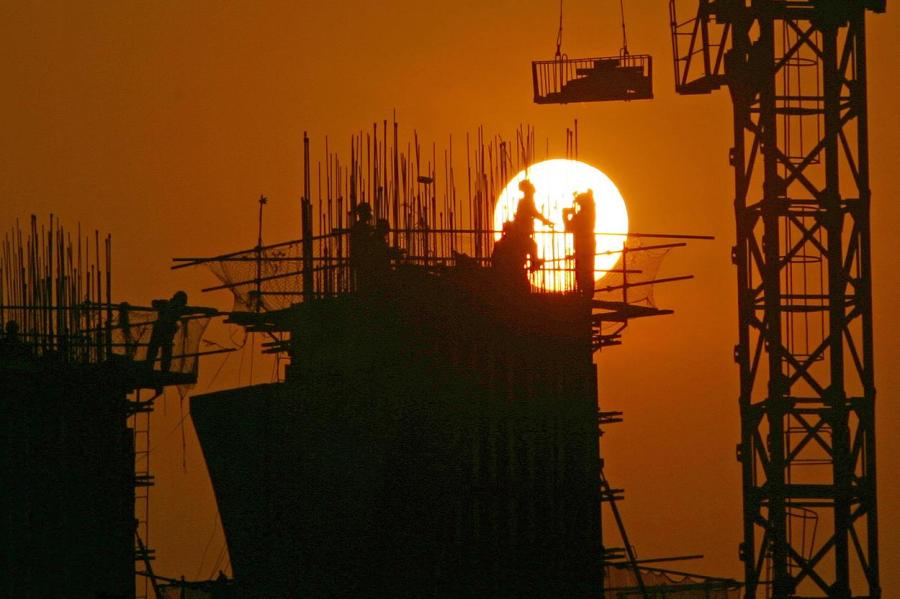
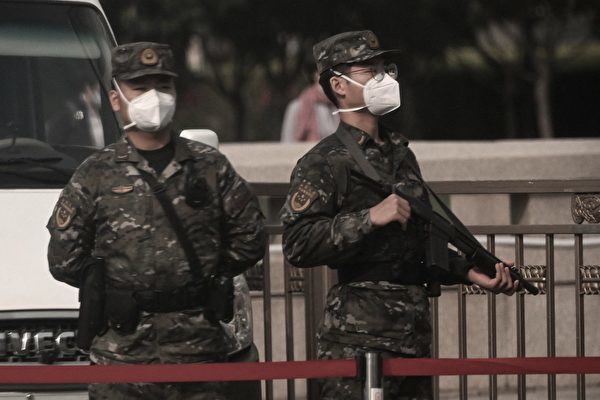
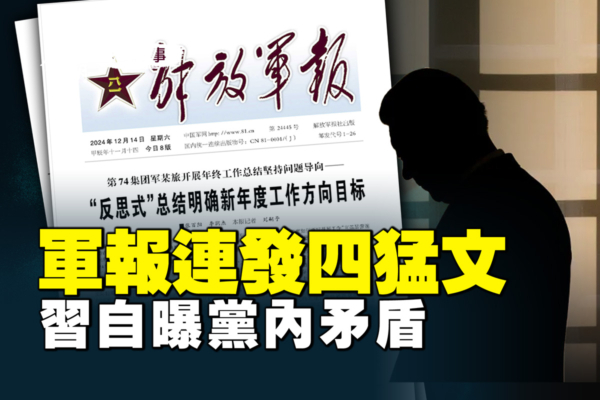
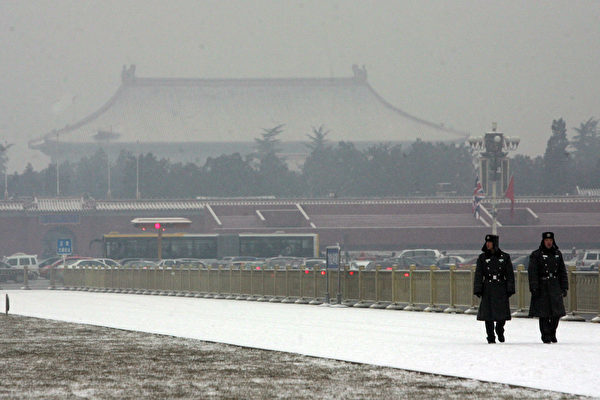
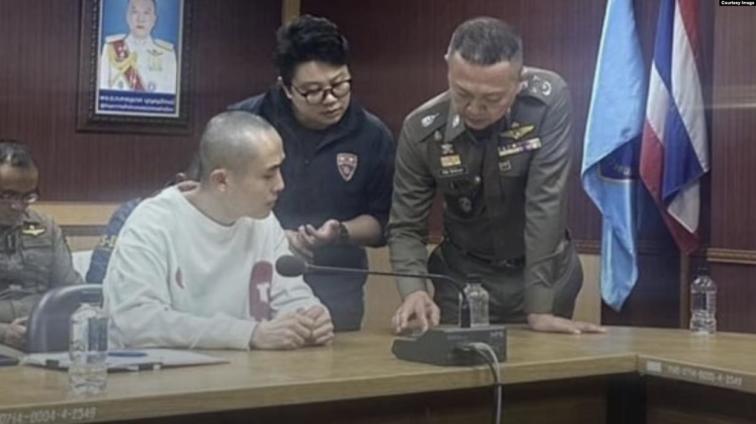


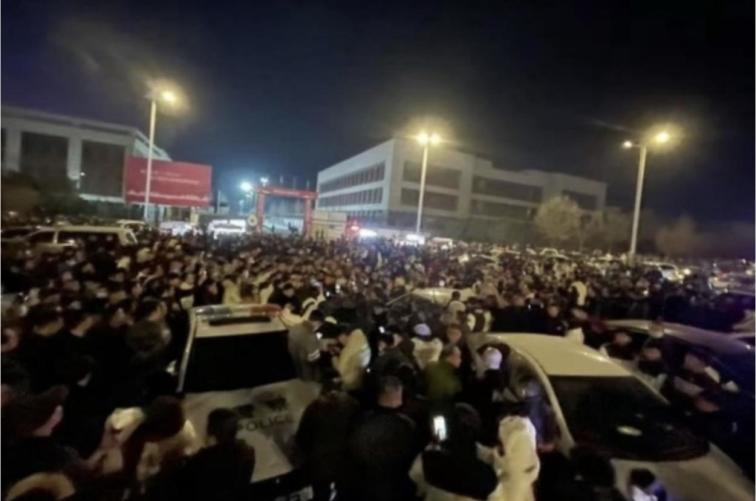

News magazine bootstrap themes!
I like this themes, fast loading and look profesional
Thank you Carlos!
You're welcome!
Please support me with give positive rating!
Yes Sure!